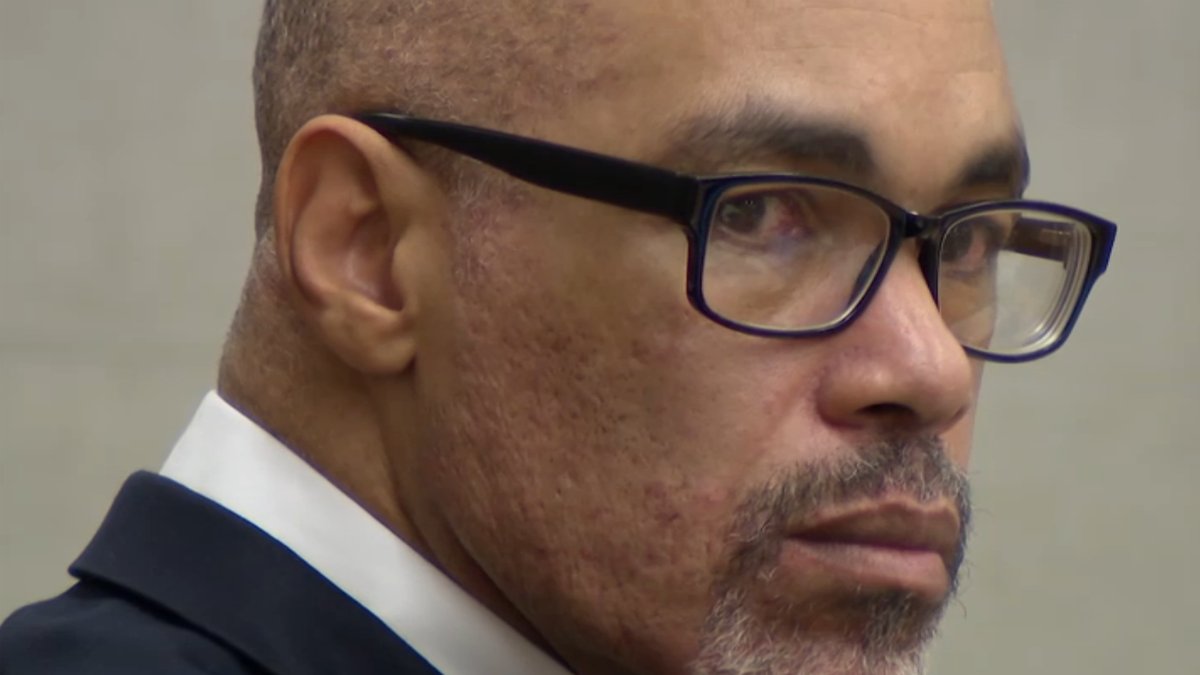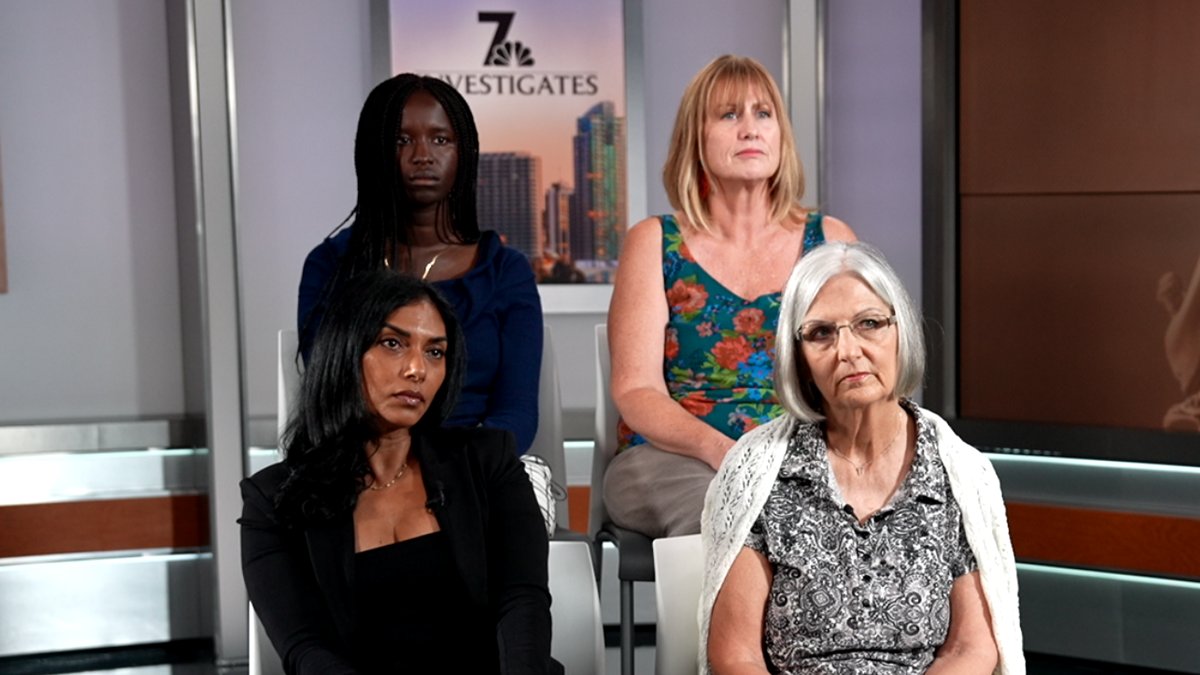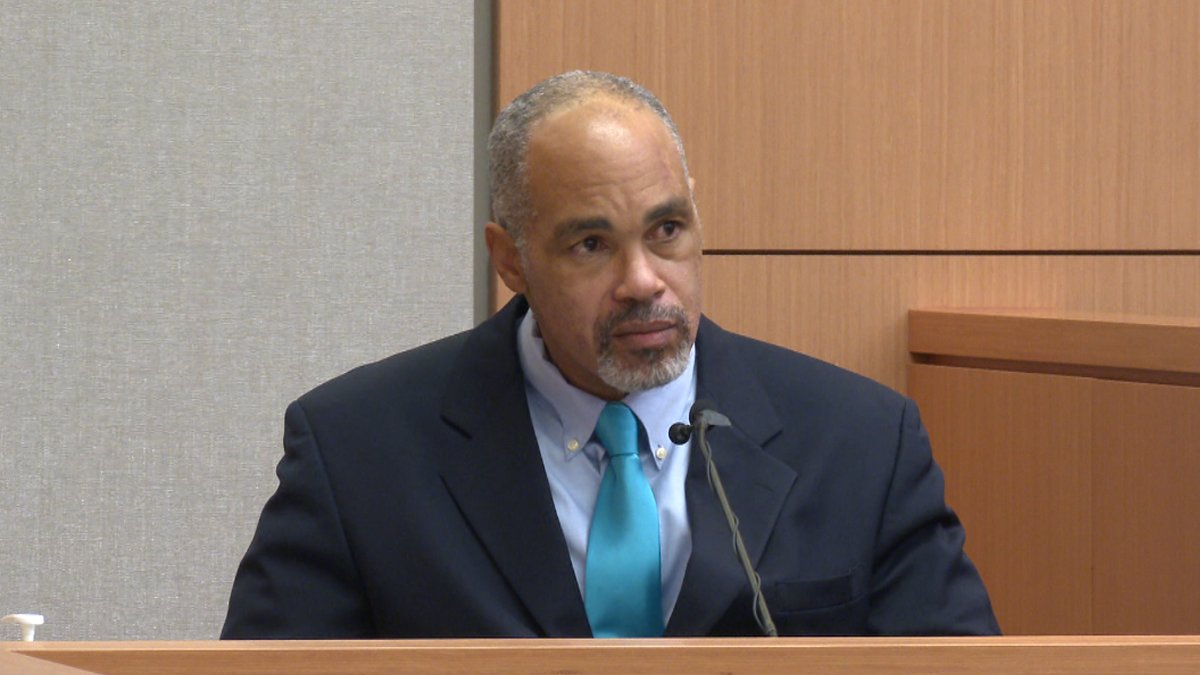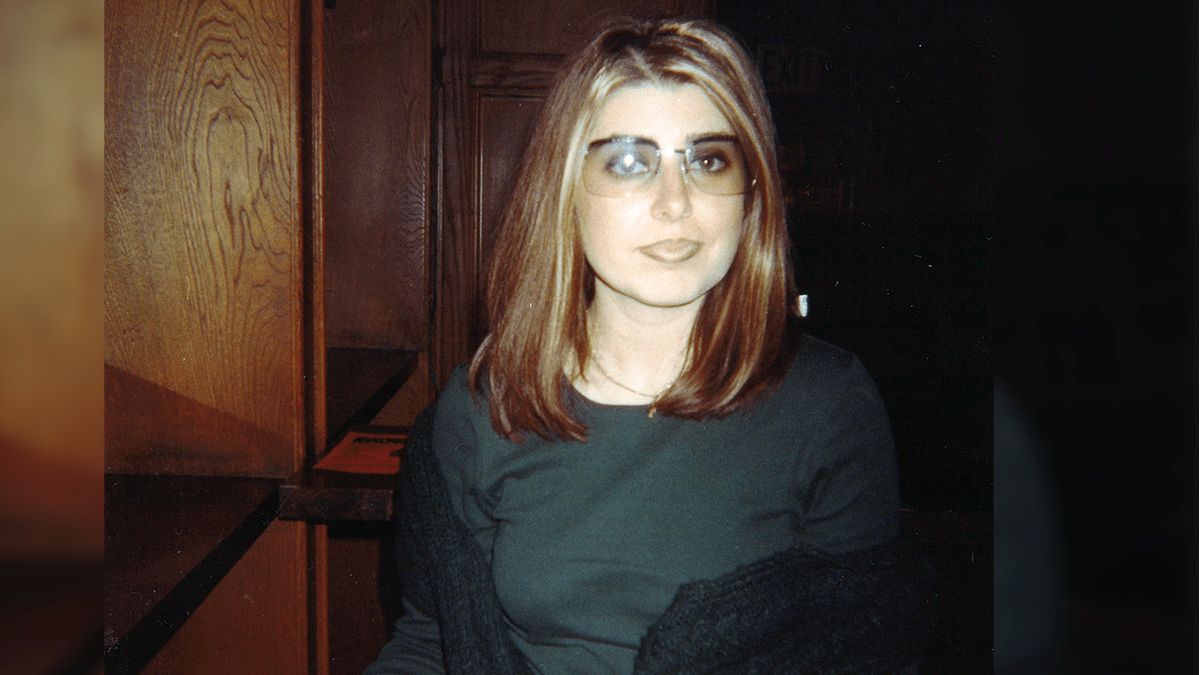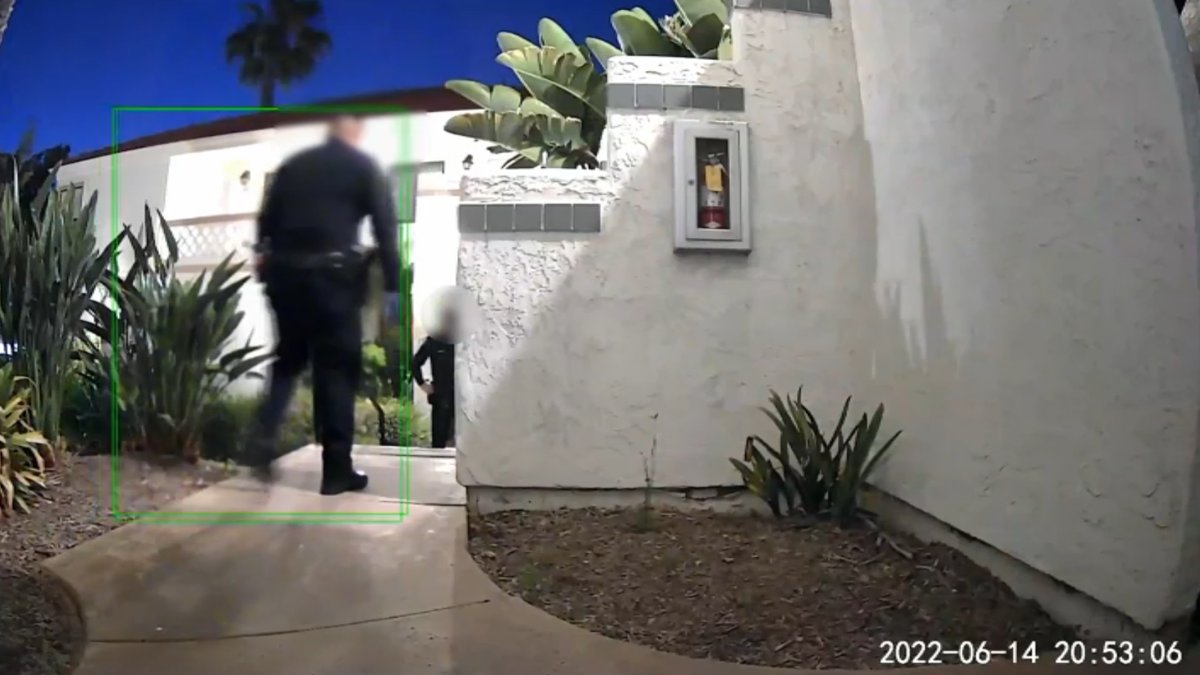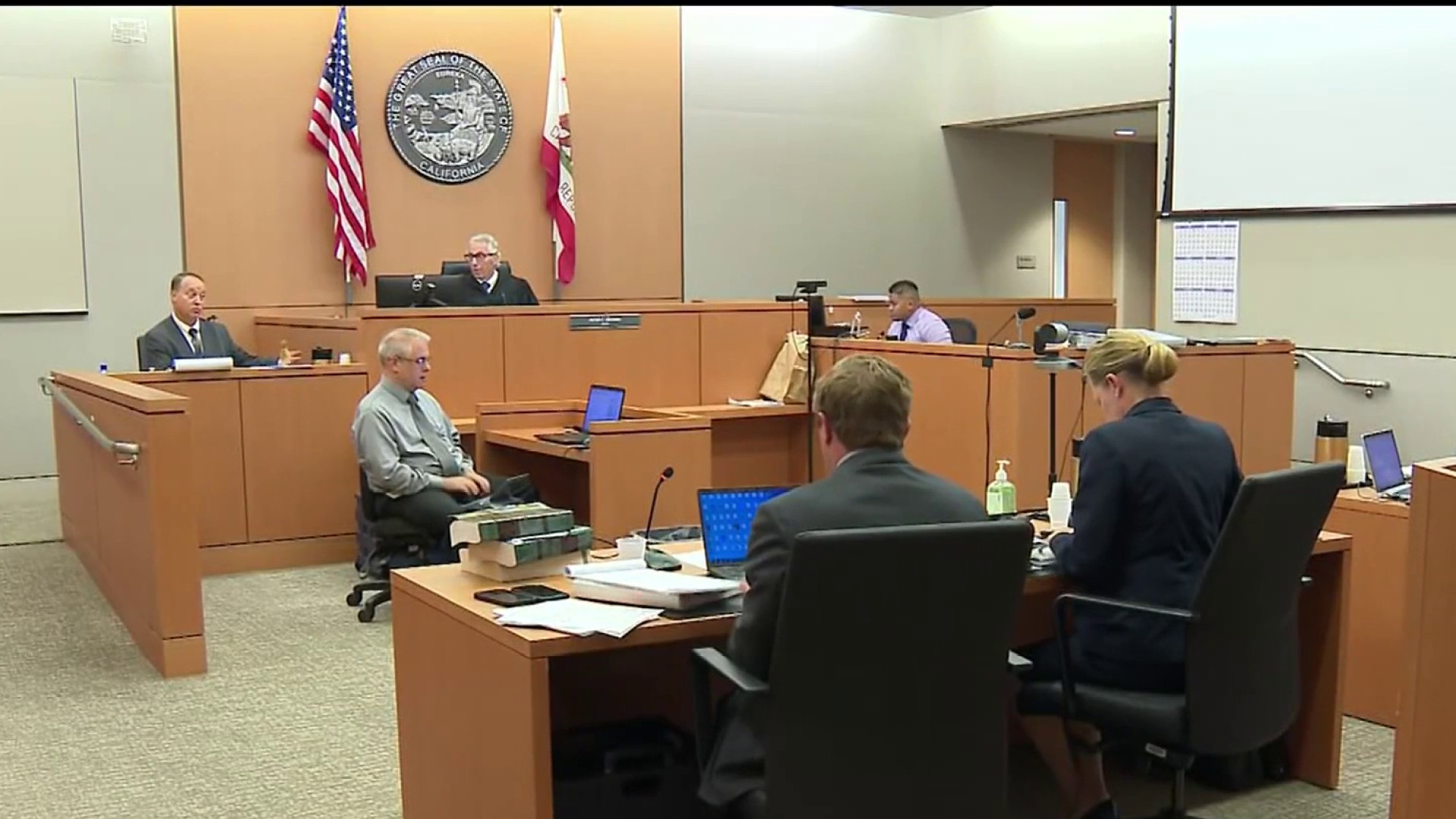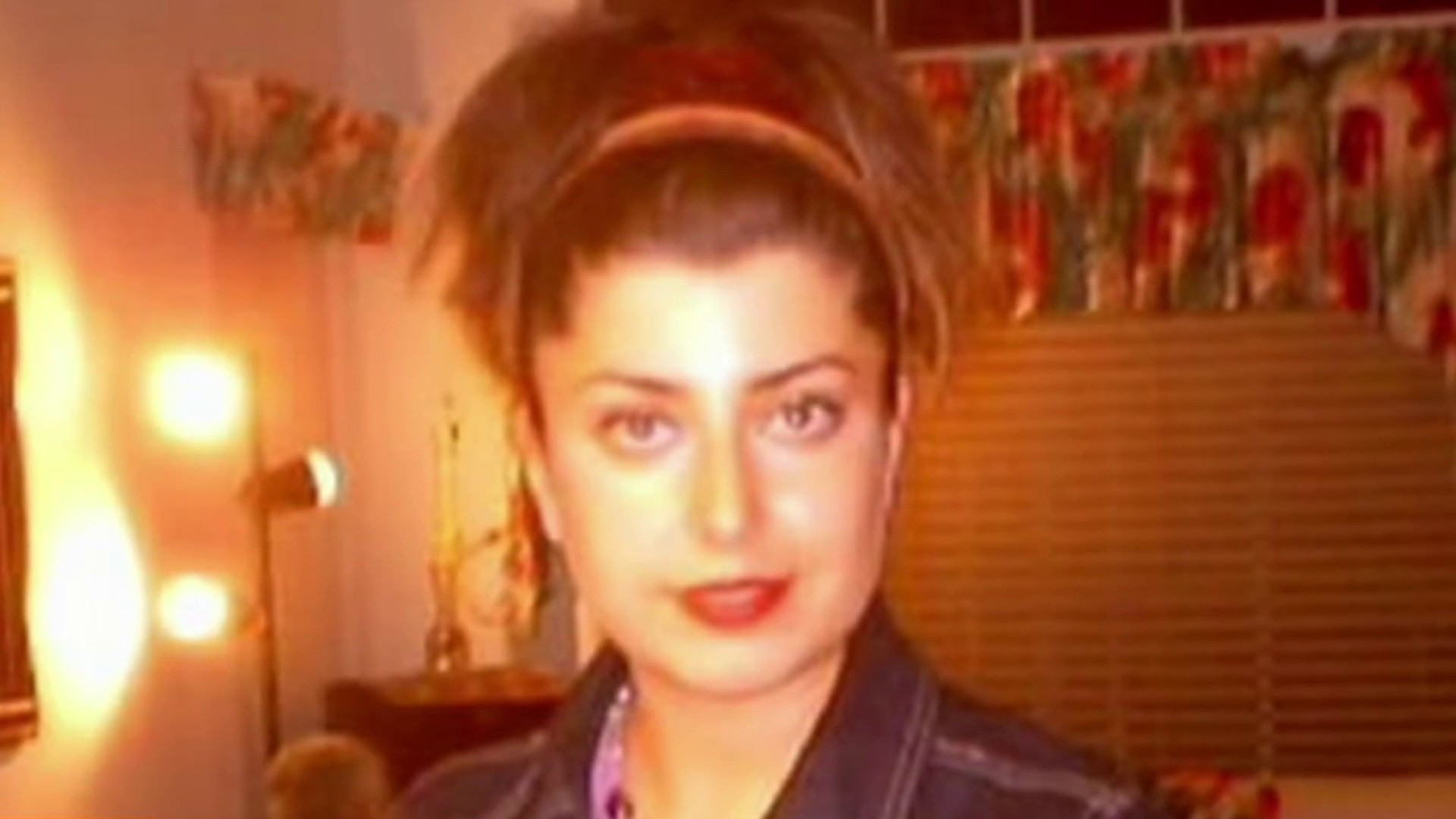A San Diego jury convicted a man Friday of second-degree murder in the killing of Connie Dakhah.
Parrish Chambers Jr. broke into Dakhah’s Rancho Peñasquitos condo in June of 2022 and beat her to death. The case made national headlines after an NBC 7 investigation revealed that it took San Diego police about an hour and 45 minutes to arrive after the first of at least 10 calls to 911.
Once they arrived, officers observed smashed glass from a busted sliding door but decided not to force their way inside to see if Dakhah was OK. During their only interview about their response that night, San Diego police told NBC 7 that officers didn’t check on her because they believed her alleged attacker lived with her and broke into his own home.
The Killing of Connie Dakhah
NBC 7 Investigates discovered that SDPD’s own documents and court records told a different story. Dispatch reports and a protective order stated Chambers did not live at that address. In fact, Chambers had a court order to stay away from Dakhah.
The first murder trial, which ended just over a year ago, resulted in Chambers’ conviction of two counts of simple battery and felony false imprisonment for other incidents during which he victimized Dakhah.
While those jurors acquitted Chambers of first-degree murder, they could not agree if he should be convicted of second-degree murder or involuntary manslaughter.
Jurors in the second trial found him guilty of second-degree murder after more than three days of deliberations.
He faces a sentence between 15 years and life for the conviction. His sentencing is scheduled for Nov. 14. He will also be sentenced for the false imprisonment and simple battery charges, which carry a maximum sentence of four years.
Chambers has been locked up since Dakhah’s death, so he’ll get credit for more than three years’ time served.
It’s been a difficult road for Connie’s family, including her cousin Sara Dadkhah, who sat in court to watch both trials.
“I had a wave of emotion,” Dadkhah told us. “Relief, mostly relief. I think I was getting to a point where I was kind of giving up hope for justice in any way for this case and I am just so grateful that the jury saw this for what it was. It was not an accident.”
The killing of Connie Dadkhah
The prosecution and defense don’t disagree that Chambers scaled the side of Dakhah’s condo in 2022, smashed the balcony sliding glass door to get inside, and attacked her.
The prosecution said the attack killed Dakhah and cited a medical examiner’s report that stated she was beaten to death, suffering skull fractures and brain bleeds.
Public defender Abe Genser said Dakhah and his client were toxic lovers, and that the pair reconciled after the attack, smoked methamphetamine and had sex, and that the drugs may have led to her death.
During the first trial, Dakhah’s friends disagreed that she and Chambers were in a relationship. They said she met him through her volunteer work with mental health outreach. They say he became smitten with her, tracked down her address and constantly visited, despite repeated requests that Chambers leave her alone.
The killing raised questions over the police response
A major storyline in Dakhah’s killing centered on how the San Diego Police Department responded to her condo.
Police dispatch records show that around 7 p.m. the night before, Dakhah’s neighbors began calling 911. They begged police to get there quickly, reporting that a belligerent man was trying to break into a woman’s condo. Initially, the call wasn’t prioritized. About an hour later, callers had new information to tell dispatchers: The man had scaled a wall to her second-floor balcony and smashed his way inside through a sliding glass door. While police upgraded the call to a higher priority, it took another 45 minutes for officers to arrive at the complex.
Those same dispatch records, along with court filings from prosecutors, reveal officers tried to make contact with Dakhah by calling her phone, knocking on her door and using a loudspeaker. But officers left the scene 15 minutes later after failing to make contact with anyone inside. There’s no record of Dakhah calling the police that night.
San Diego police told NBC 7 Investigates the decision to force entry into anyone’s home shouldn’t be taken lightly and is among the highest level of legal standards they operate under.
Our investigation revealed a history between the two. Court filings show evidence of an incident in 2020 for which Chambers was convicted of vandalism. The judge ordered Chambers to stay away from Dakhah. That order was in effect when she died.
Dakhah’s family had a civil lawsuit against the city of San Diego and its police department over the police response. Last month, a federal judge dismissed that case for the second time.
In the ruling, the judge wrote that the plaintiffs didn’t establish a violation of Dakhah’s 14th Amendment rights, which was the basis of the lawsuit. However, the judge is allowing them to again file an amended complaint.
Following the verdict, Sara Dakhah told us the family won’t stop pushing for answers.
“I think we need to see why a woman who was in her house, with the door locked, windows locked, spikes on her balcony, neighbors calling 911 for hours, still had to end up that way,” Dadkhah said. “I think our next step is to look at what went wrong in the systems and how to prevent this from happening to somebody else.”

Want more insights? Join Working Title - our career elevating newsletter and get the future of work delivered weekly.
